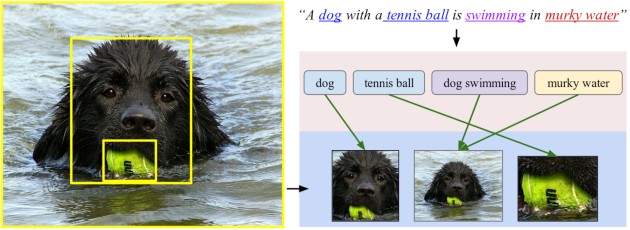Chinese search engine giant Baidu recently made headlines when its supercomputer reportedly beat out challengers from both Google and Microsoft on the ImageNet image recognition test. However, the company has had to back down from those claims and issue an apology after details emerged suggesting that its success resulted from a scheme to cheat the testing system. As such, Baidu's accomplishment has been stricken from the books and the company has been banned from ImageNet challenges for a full year.
The issue began in Mid-May when Baidu claimed to have scored a record low 4.58% error rate on the test. This exam looks at how well computing clusters can identify objects and locations within photographs -- basically the technology behind Google Photo's auto-tagging feature -- except on large-scale file sets. Microsoft and Google, on the other hand scored 4.94 and 4.8 percent error rates, respectively. That's actually a bit better than the 5 percent average trained humans can achieve and a huge deal for the industry.
However on Tuesday, researchers who actually administered the ImageNet test called shenanigans on Baidu for setting up a series of dummy accounts to brute force a successful test run. The test rules state specifically that contestants are allowed to submit only two sets of test results each week. Baidu apparently set up 30 accounts and spammed the service with 200 requests in six months, 40 of which came over a single five-day period in March. Doing so potentially allowed Baidu engineers to artificially increase the recognition rate by "tuning" their software to the existing test data sets.
"This is pretty bad, and it is exactly why there is a held-out test set for the competition that is hosted on a separate server with limited access," Matthew Zeiler, CEO of AI software company Clarifai, told the Wall Street Journal. "If you know the test set, then you can tweak your parameters of your model however you want to optimize the test set."
In response, Baidu has issued a formal apology for its actions. If, you think apology is a good description for calling the incident a "mistake" and refusing to provide any additional details or explanation as to why it happened.


No comments:
Post a Comment